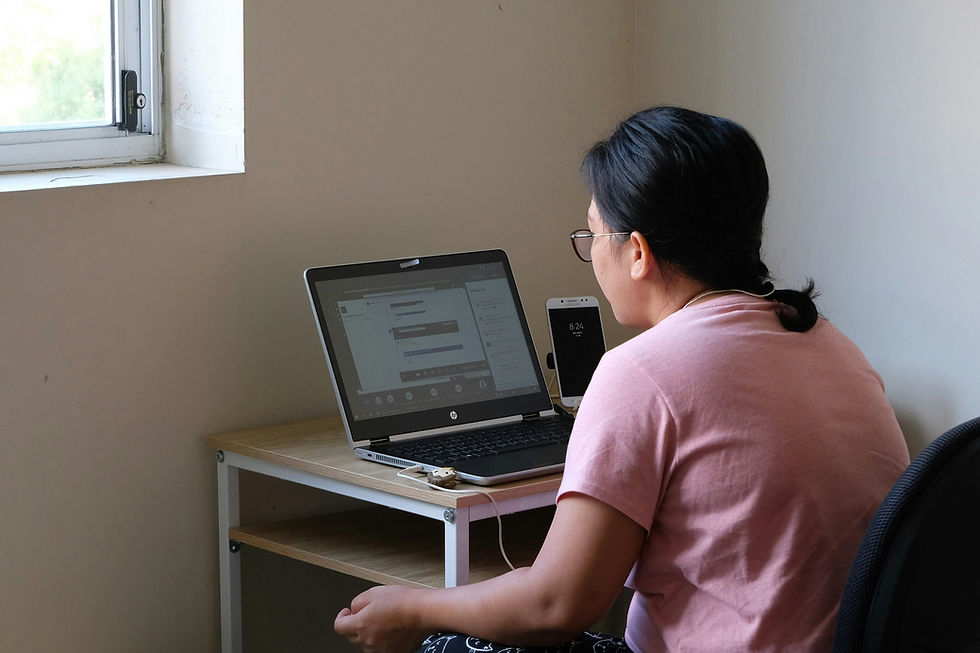How to Stay Fresh During the Summer
- brookewhiggins
- Jul 13, 2010
- 2 min read
In 3rd Grade, I struggled with Math. I did fine in most other subjects, but for some reason my performance in Math was not up to par. So the summer before I started 4th Grade, my mother purchased some Math workbooks for me. Math workbooks soon became the dread of my summer and predictably, Math became unenjoyable.
Summer is a time to refresh the brain, get outdoors and take a break from school. However, with so much pressure to perform academically, it is a good idea to keep the brain learning. Many parents–just like my mother–want their children to keep working on their academics all summer.
The challenge is maintaining the balance between productivity and enjoyment. Force your child to do Math activities all summer and she might end up dreading Math. Forget any Math activities altogether for your child and she might not be prepared for the school year. So how do you stay fresh over the summer without overdoing it?
Try these three things:
1) Keep it Fun: whatever subject that you or your child needs to improve/maintain over the summer, make sure the activities are fun. Games can be cool regardless of the age. Help your son or daughter enjoy learning, even in difficult subject matters, with interactive play. Think your child is too old for that? Think again. Even older students enjoy a friendly competition with Flash Cards. Another good element to games: a reward system. Keep things fun with milestones and checkpoints. For example, if a student reads one book (and they can write or give you a summary), they earn 30 extra minutes for video games.
2) Expose the Real World: many students fail to recognize the real world applications of what they are learning. How many times have your kids asked you, “why do I need to study a foreign language?” Or, “who cares about graphing functions?” In this case, summer is a great time to showcase how classroom learning translates into real world experiences. Talk to your child about how you use what you learned in school. And if you aren’t convincing enough, take your kids somehwere where English is not the primary language (like a restaurant) or find someone that can communicate to your child why Math is useful (An aunt that is an architect? A neighbor that charts statistical trends?).
3) Let the Child Choose: letting your child choose how to continue to study during summer is a great way to create accountability and ownership. To be most successful, a parent must establish some boundaries that they would enforce. For example, if you want to improve a child’s reading comprehension, let them pick a book. You would have final say in order to avoid your kids thinking that graphic novels would improve their vocabulary, but if they choose the book then they are more likely to enjoy the reading experience.
Staying fresh over the summer is crucial to academic success, so much so that many schools are moving to year round modules. Until this change becomes universal, you are in charge of your child’s learning for the summer. So keep it fun, expose the real world and let your child choose how they want to continue to learn.
Just try and avoid using force. Using force may result in the exact opposite of your intentions.




Comments